HANGING OUT IN SEOUL CITY
The arts and
crafts of a particular city is mostly evident on the best buys for gifts and
souvenirs. I had more than enough from Seoul, South Korea.
As a vibrant city, there are definitely a lot of places to wander and do the window shop,
drink and loiter.
South Korea is made accessible to Filipinos with the regular and daily flight offerings from Manila, Cebu and Kalibo.
There are landmarks and places of interest that appeals
most to Filipinos, being close to our culture and not to mention the costs
attached to it, being reasonably affordable but not necessarily cheap.
MYEONG-DONG
Myeongdong is one of the primary shopping districts in
Seoul. But a standout and noticeable
feature of the district are the aligned cosmetics and beauty products with
freebies sprouting out of nowhere. Several
major department stores have branches in Myeongdong in the likes of Lotte
Department Store, Shinsegae Department Store, Myeong-dong Migliore, Noon Square
and M Plaza. The area is actually a combination
of luxury brands and cheap reasonable finds.
Restaurants and shops are likewise everywhere ranging from
traditional Korean, Western and Japanese dining options. A dog and cat café is also an option within
the vicinity of Myeongdong. Every visitor
would truly be amazed of how creative and artistic their ideas are – for every
interior design detail and shop concepts.
There are two significant sites in Myeongdong, these are:
Myeongdong Cathedral and the Myeongdong Nanta Theater. We attempted to look for the former and ended
up still shopping and hopping from one food stall to another and visiting
varied hawker stalls. I hope to visit
the cathedral though on next visit.
How to Get There:
1. Take Subway Seoul Line No. 4 to Myeongdong Station
2. Get out at Exit 6
Alternative:
1. Take Subway Line No. 2 to Euljiro 1-ga Station
INSA-DONG
I like Insa-dong
more than Myeong-dong. And that is just
me. Insa-dong is said to represent the
focal point of Korean traditional culture and crafts. The stores specialize in great finds that
originate in Korea. These are the likes
of hanbok (traditional clothing), hanji (traditional paper), traditional
teas, pottery, masks and folk crafts. We
actually did a lot of souvenir and gift shopping in this district, putting into
test the bargaining and haggling skills.
The multitude of
alleys where modern galleries, traditional and family restaurants and tea shops
are situated, is connected to the main street of Insadong-gil. It is bustling yet maintaining its quaint charm.
The Insa-dong
Street during the Joseon Dynasty was populated by Dohwawon, a place of study for painters. Today, it continues to be the center for the
arts and painters, craftsmen and art lovers continue to set up shops along the
narrow alleys. In fact, we tried the
caricature self-portrait paintings for a souvenir. And how it went? No comment but it was worth the
experience.
We also tried dining at one of the authentic Korean family restaurants within the vicinity. It did not disappoint.
How to Get There:
1. Take the Seoul Subway Line 3 to Anguk Station.
2. Exit at 6.
Alternative:
1. Take the Seoul Subway Line 1 to Jonggak Station.
2. Exit at 3.
3. Go straight 300m and turn left at the 4-way intersection.
4. Go straight 100m and take the left road toward Insadong-gil
Road.
ITAEWON
It is indeed expensive to get drunk in Seoul, much more bar hop
and meet fellow travelers in an intoxicated state.
During our first visit, we tried on what they
call “pojang-macha”. These are tents set up along the road that
opens at night. I have always heard
about Itaewon as the perfect place for night life and to enjoy what Seoul has
to offer for a drinking spree but we never had the chance to visit due to time
constraints, not until this recent visit.
The area is actually popular for residents (the richest in Korea
and most businessmen), transient houses, dormitories and hostels for tourists
and the U.S. military personnel. It is
no wonder why bars and restaurants are more or less westernized and modern.
Many restaurants in the area serves international dishes
including cuisine from India, Pakistan, Turkey, Thailand, Indonesia, Germany,
Spain, Italy, England, France and Mexico, mostly those not available in South
Korea. The area is tagged as the “Western
town”.
We only had a night to spend at Itaewon and that was, for a
drinking spree. But apart from these, it
is also a good place to shop and to visit some small villages nearby.
How to Get There:
1. Take the Seoul Subway Line 6 (Brown) to Itaewon.
BUKCHON
VILLAGE
This is our second
attempt to visit the Bukchon Hanok Village.
The village is home to hundreds of traditional houses, called “hanok”.
Today, many of these traditional houses operate as cultural centers,
guest houses, restaurants, tea houses providing the tourists an opportunity to
immerse in Korean culture.
There are a lot of
souvenir shops as well but not as diverse in selection as Insa-dong. Stalls for street food finds are likewise
available.
How to Get There:
1. Take the Seoul Subway Line 3 to Anguk Station.
2. Exit at 1 or 2.
3. Go straight for about 300m to arrive at Bukchon Hanok village.
Seoul City has
indeed a lot more to offer.
Hanging out
in Seoul is truly a memorable experience.
The pace comes at your own choice and even without tour guides,
landmarks are accessible.



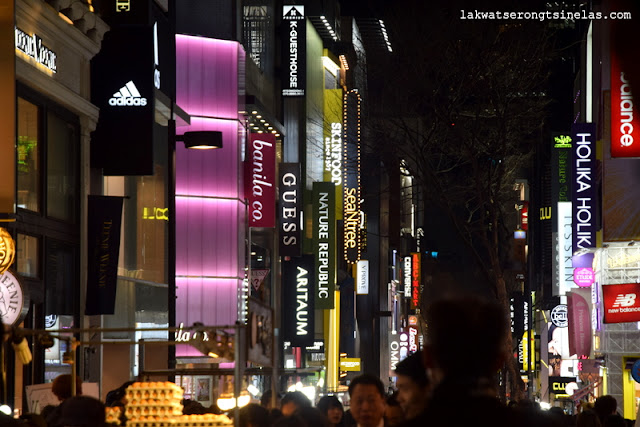
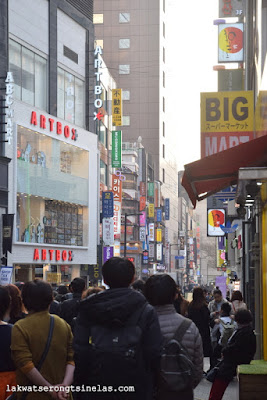







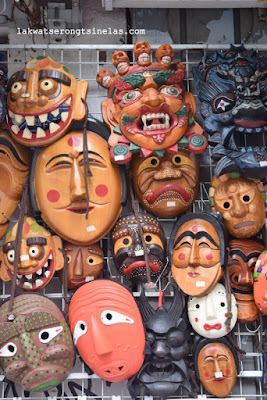
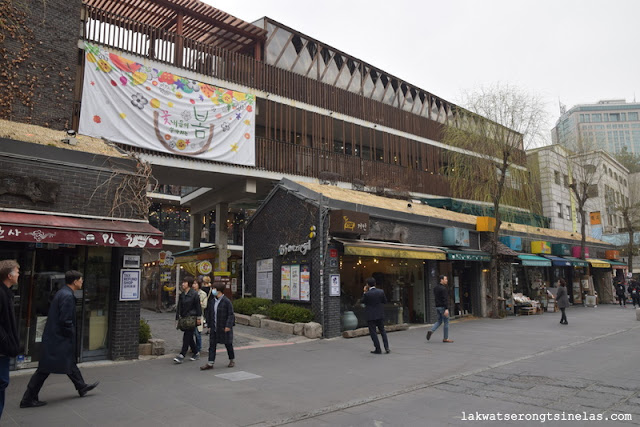


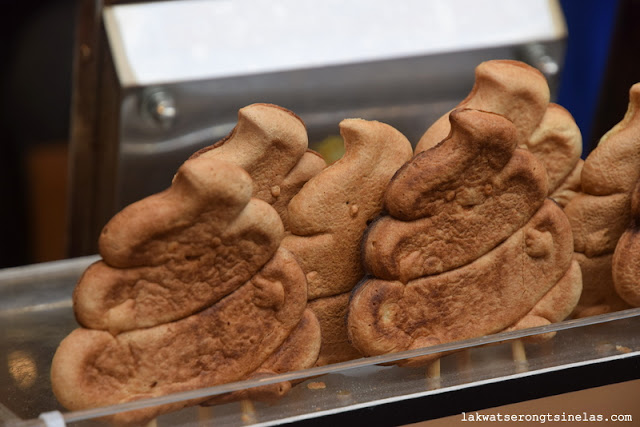
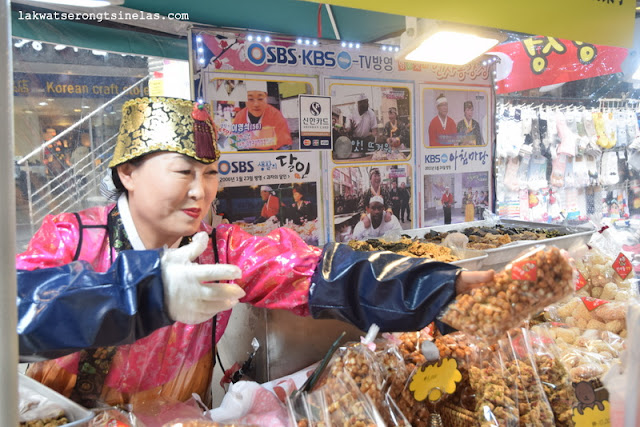

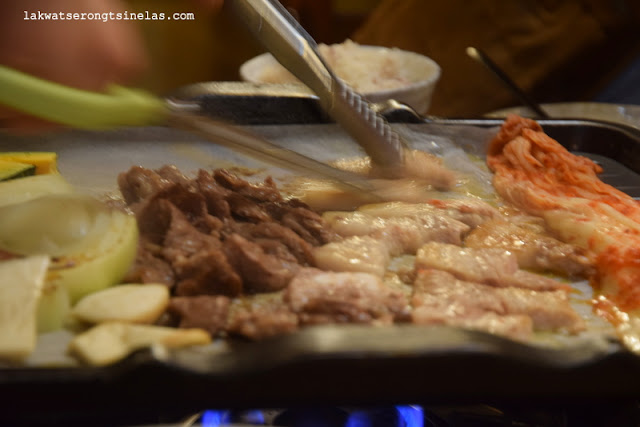
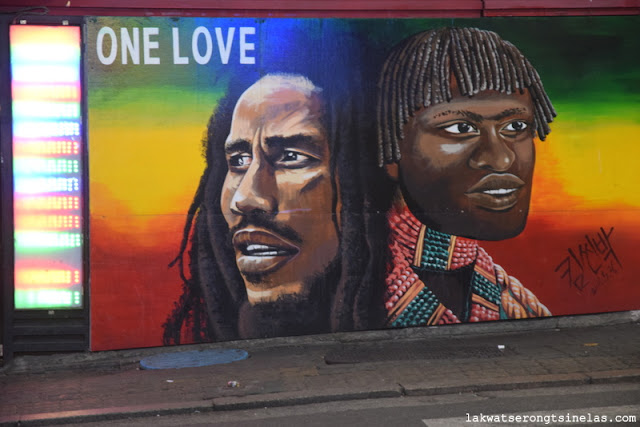





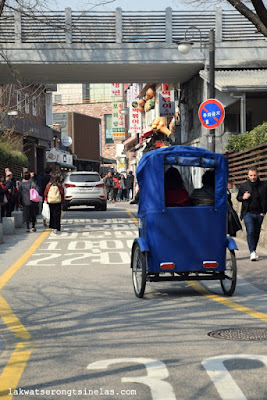


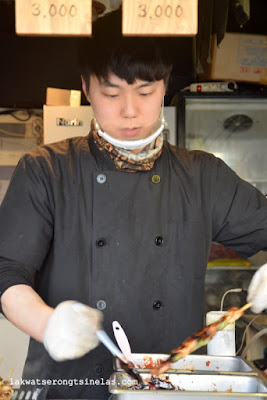

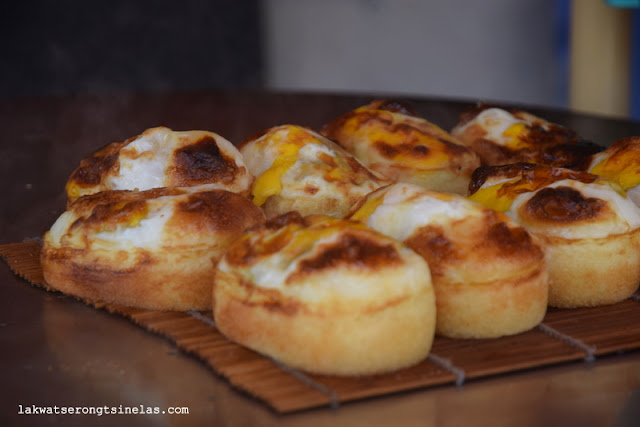

































0 comments